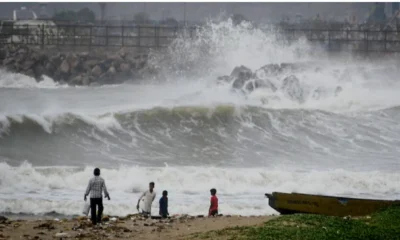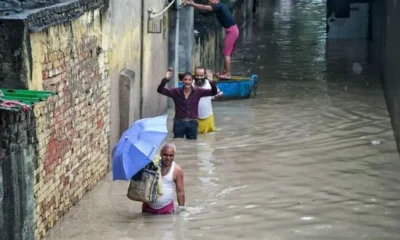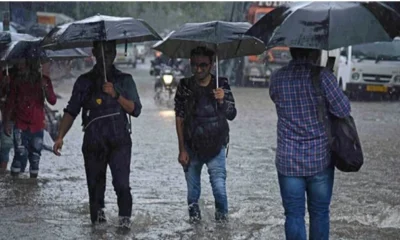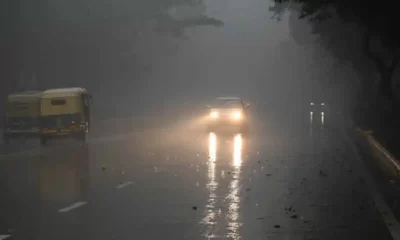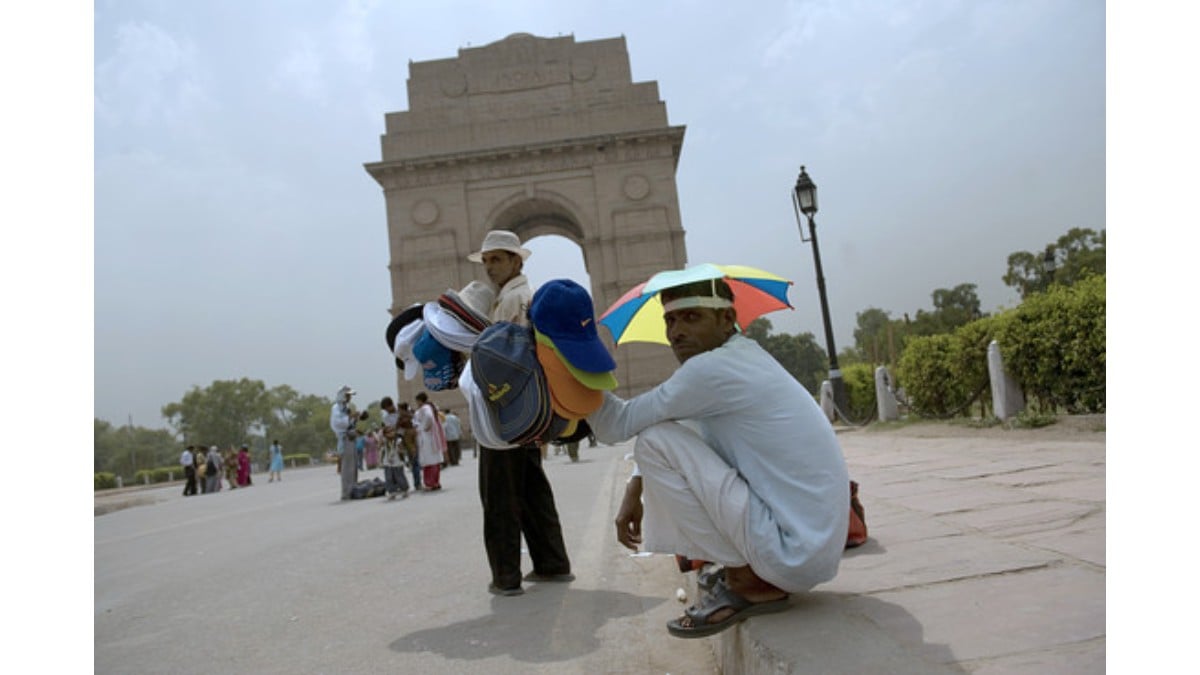More than 5,000 members of tribal communities formally joined the Bharatiya Janata Party (BJP) at a large-scale event held in Assam’s Goalpara district on February 25, weeks before key elections.
The joining programme was organised by the BJP ST Morcha, Assam Pradesh, at the Agia School playground. The event was conducted under the leadership of Riya Sangma, State Secretary of BJP ST Morcha and in-charge of the Goalpara ST Morcha.
Party leaders said the programme witnessed strong participation, particularly from the Garo community, describing it as a significant political development in the district.
The chief guest at the event was Samir Oran, National President of BJP ST Morcha and outgoing Member of Parliament (Rajya Sabha). Among those present were Bijuli Kalita Medhi, MP from the Guwahati Lok Sabha constituency, Ravindra Raju, Horen Singh Bey, who serves as State President of BJP ST Morcha, and other party leaders.
Goalpara district has traditionally seen strong influence from opposition parties, especially the Congress. Tribal voters in the region have largely remained divided, making the large-scale induction ahead of elections politically significant.
Addressing the media, Samir Oran said the BJP has brought a new phase of recognition and opportunity for tribal communities across the Northeast. He stated that the joining programme reflected growing trust among tribal populations in the party.
Riya Sangma said many tribal communities, particularly members of the Garo community, had earlier felt deprived of adequate respect and development benefits. She added that the participation of over 5,000 people demonstrated confidence in the BJP’s leadership.
Dipankar Nath, BJP Goalpara District President, termed the development a “game-changer” for the constituency. He said the party remains committed to the welfare, development and dignity of tribal communities.
Party leaders expressed confidence that the induction drive would strengthen the BJP’s organisational base in Goalpara and nearby areas ahead of the upcoming polls.




